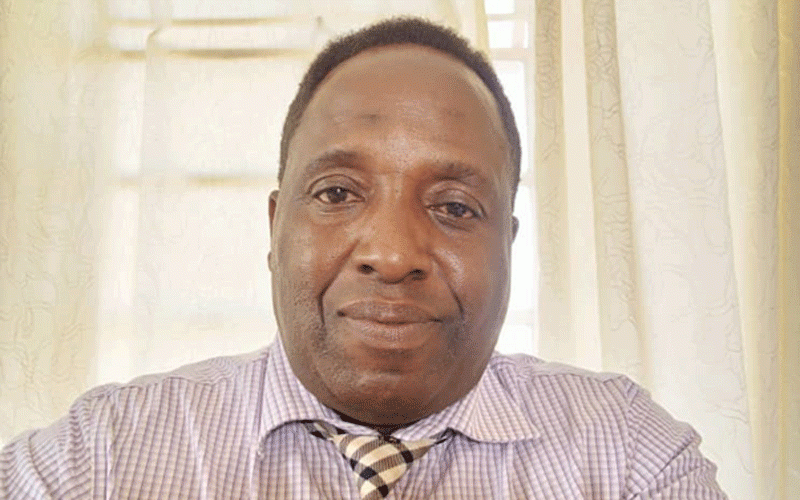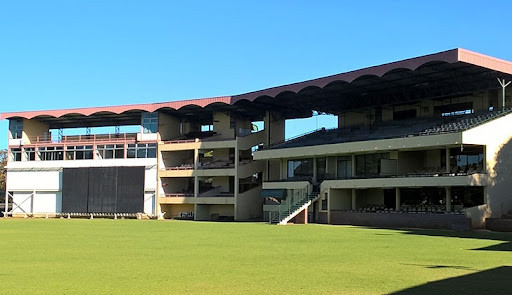
He was embarrassed. Why should Baba VaTata be uncomfortable with a simple act of love from his wife?
It was his birthday, his big day. He had invited all of us. I was with Mai VaMaidei and the children. Fatso and Rasta had already arrived ahead of us.
Ever since we had caught Fatso having a clandestine affair with Rasta’s sister, there was unease between the two. Rasta had been explicit, as he told Fatso in his face.
“My sister is a law student, you don’t qualify to date her.”
Fatso did not even have Ordinary Level qualifications. He squandered his examination fees during his school days and that was his death knell academically. But he was too ambitious. He always wanted to prove a point. He wanted to give the middle finger to the sophisticated and so-called educated.
When I joined them, there was stone silence between them, the tension was ice frosty, the air between them felt glacial, like there was a wall of ice between them. My arrival with my family thawed the ice a little bit somehow.
It was only a matter of time, they would find each other. Rasta needed to advice his sister to focus on her career and forget about the likes of Fatso.
Baba VaTata and his wife had invited a few of their friends and relatives and when I arrived, some shouted, “His bossom friend has arrived!”
- Ghetto dances: When love of money goes beyond bounds of sanctity
- Wynn targets medal winning swansong at Troutbeck
- International athletes troop in for Africa Triathlon Cup
- Ghetto dances: The long walk back home and I bumped into Rasta
Keep Reading
There was a jumping castle which was pitched next door, due to a lack of space. Maidei and her siblings joined the other children making loud sounds of excitement.
Baba VaTata was not used to this kind of flattery. After the cake cutting, Mai VaTata squeezed a small piece of cake into his mouth and planted a kiss on his lips. We all clapped and shouted joyfully, “Happy birthday!”
Baba VaTata was uncomfortable with this act of love. It was as if he was given a present he did not like, but he had to go along with it because that was what was expected of him.
As soon as this was over, Baba VaTata came over and said, “guys, let’s go to Zororo Bar, the cakes are for women and children.”
We laughed together except for Fatso and Rasta.
Along the way to Zororo Bar, we met Mudhara Mabhonzo. He was walking while pushing his bicycle. He looked tired but he still managed a smile. His job involved collecting old dry bones we throw away after our meals. He was popular with the children and for a small pile of bones , he gave a child a handful of sweets.
I always wondered what happened to the bones he collected. And he had been at this job for as long as I can remember. Once the children heard his signature voice,” Mabhonzo! Mabhonzo! Mabhonzo,” there was always commotion on the street as children would rush to the road carrying their small packets of old bones.
“Today is my birthday, come and join us at Zororo Bar and for once drown your sorrows,” Baba VaTata said inviting Mudhara Mabhonzo. Mudhara Mabhonzo was a good man, honest and hardworking. There was a lot to learn from him. He had once said that, “I will only rest when all of my children complete their education.”
At Zororo Bar, Baba VaTata ordered a crate of beer, which he called a "warm up."
“This is your birthday, you should be celebrating with your family,” I said. Baba VaTata did not want to hear that. If not for the beer, Fatso could have excused himself.
Everyone in the bar soon got to know that it was Baba VaTata’s birthday and they all crowded around us, singing joyfully.
That is one good thing about the ghetto, no complications to life. There is always a feeling of oneness, that we are all the same in the eyes of God, no matter the circumstances.
Onie Ndoro X@Onie90396982









